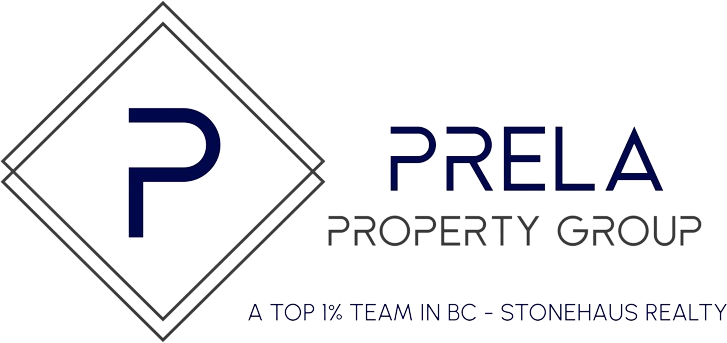Vancouver is one of Canada’s most vibrant and dynamic real estate markets, offering a variety of opportunities for buyers and investors. Whether you're a first-time homebuyer, a seasoned investor, or someone seeking trusted real estate consulting services, Vancouver's property market has something for everyone. Navigating this landscape requires expert guidance, transparency, and an analytical approach to ensure you make the right decisions.
Local Real Estate Investment Opportunities in Vancouver
Vancouver consistently ranks among the top cities for real estate investment due to its growing economy, stable housing market, and high demand for rental properties. Investors looking to capitalize on local real estate opportunities can benefit from a range of property types—from single-family homes to condos and multi-unit developments.
Investing in Vancouver real estate can yield significant returns, especially in key areas like Downtown, East Vancouver, and burgeoning neighborhoods in the suburbs. Whether you're looking to flip properties or hold them for long-term gains, staying informed about market trends and neighborhood development is crucial for maximizing your investment potential.
Transparent Real Estate Consulting Services
Navigating Vancouver’s complex real estate market requires more than just browsing listings. You need a trusted real estate consultant who can provide you with accurate information, clear communication, and data-driven insights to help you make the best decisions.
Transparency in real estate transactions is key, and a reliable consultant will guide you through every step, from property selection to closing the deal. Working with professionals who prioritize your needs ensures you avoid hidden fees, unexpected hurdles, and common market pitfalls. Whether you're buying your dream home or building a portfolio of investment properties, the right real estate consultant can make all the difference.
Expert Real Estate Advice for First-Time Buyers
As a first-time homebuyer in Vancouver, the process can seem overwhelming. Vancouver’s competitive housing market can make it challenging to find the perfect home at an affordable price. However, with expert real estate advice, you can navigate these challenges confidently.
An experienced agent will help you understand the buying process, from mortgage pre-approval to making a competitive offer. They'll also provide insight into Vancouver's diverse neighborhoods, ensuring you find a home that suits your lifestyle and budget. Having a knowledgeable real estate agent on your side will make your first home-buying experience smooth and successful.
Analytical Approach to Real Estate Investment
When it comes to real estate investment, a thorough analytical approach is essential. Investors need to evaluate key factors such as market trends, neighborhood growth potential, rental yield, and long-term appreciation. In Vancouver, where the market is ever-changing, data-driven decisions can lead to better investment outcomes.
Working with a team that specializes in real estate analytics can give you a competitive edge. These experts will help you identify emerging trends, assess risk, and choose properties that align with your financial goals. By utilizing detailed market reports and financial models, investors can minimize risk and maximize returns on their real estate investments.
Buy Property in Vancouver Today
If you're ready to dive into Vancouver’s real estate market, now is the time to take action. With its diverse property options, strong market fundamentals, and potential for high returns, Vancouver remains an attractive destination for both homebuyers and investors. Whether you're looking for a family home, a rental property, or a long-term investment, the city offers endless possibilities.
Partnering with trusted real estate services in Vancouver will provide you with the expertise and guidance needed to navigate this dynamic market successfully. From first-time buyers to seasoned investors, having a knowledgeable and transparent real estate consultant on your side is the key to achieving your real estate goals.
Start your journey in Vancouver’s real estate market today—contact a trusted real estate professional for expert advice and unbeatable opportunities!








